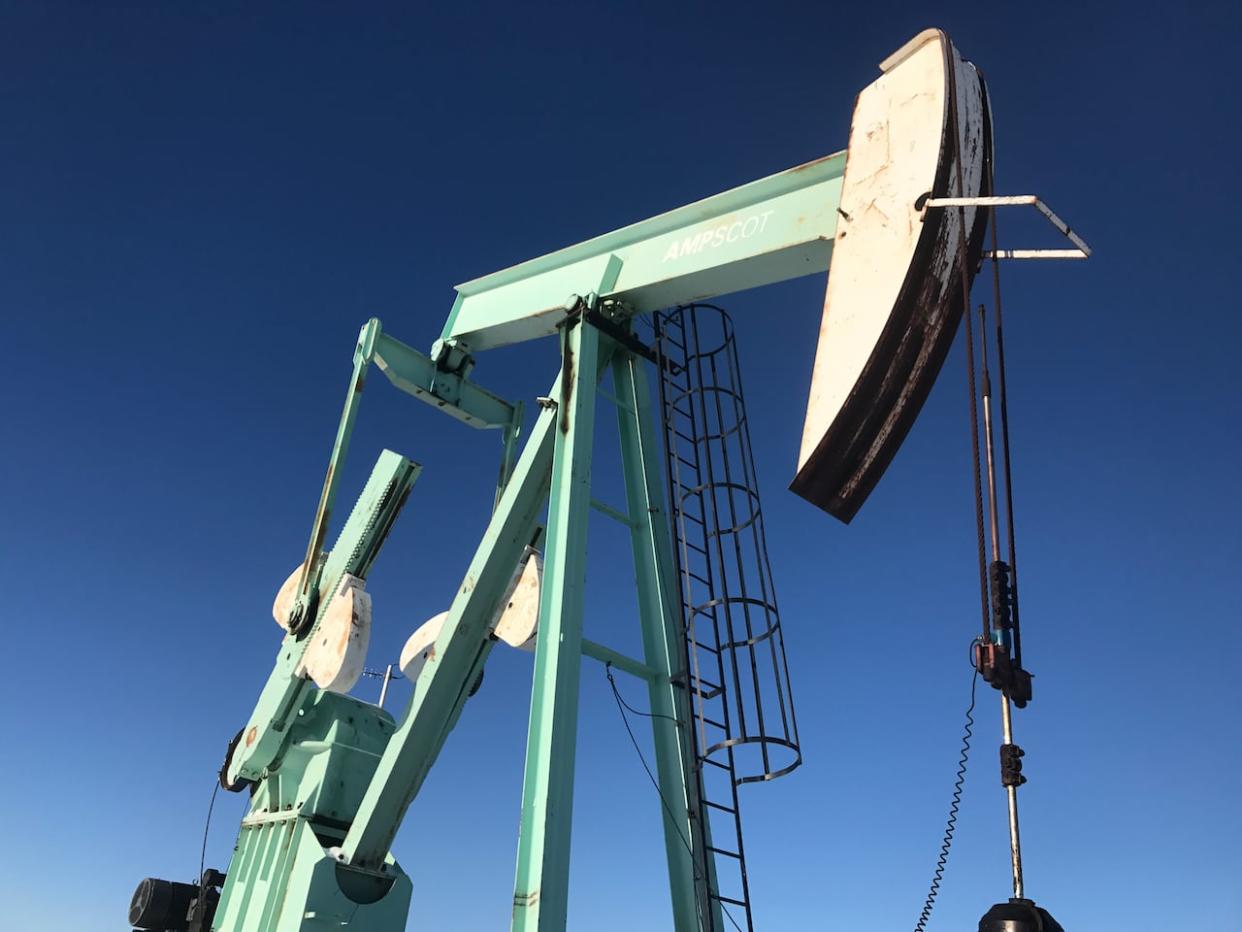Experts say Sask. premier's COP28 comments on oil and gas industry need fact checking

Saskatchewan Premier Scott Moe spent much of COP28, the international climate change conference, touting oil production in Saskatchewan and Canada, but experts say not all of his claims are accurate.
Moe posted a one-and-a-half minute video on X, formerly known as Twitter, from Dubai Friday morning. As of Monday evening, it had nearly 70,000 views.
In it, he claimed "Canada has the safest and the most reliable as well as the most environmentally sustainable oil production that you can find on earth."
Emily Eaton, the department head of geography and environmental studies at the University of Regina, told CBC's Morning Edition that's "very far from the truth."
"If it's definitely not one of the safest supplies in the world, and there's many different aspects to that and many different research reports that show that the claims that the government is making are simply not adding up in the field," she said.
She also said that while Canada touts its regulations, they're not well enforced or are based on self-reporting.
LISTEN | CBC's Morning Edition hears from Eaton about oil and gas claims:
Eaton also contested other claims Moe made, including that "if all of the oil producing countries in the world adopted environmental regulations similar to what we have in Saskatchewan, greenhouse gas emissions from oil production globally would be cut by more than 25 per cent overnight."
A similar claim is posted on the Sustainable Saskatchewan website, though it states emissions from oil production would be cut by "almost a quarter."
In an email, the government said that claim draws from a 2018 research paper.
Eaton said those claims are false and draw from an erroneous Canadian Press article about the research paper. The news article was corrected in April 2023.
She said the research article actually states that Norway's regulations — if applied globally — could achieve 25 per cent lower emissions from oil production.
"That paper also calculated that Canada has the fourth most carbon-intensive oil on the planet, behind only Algeria, Venezuela and Cameroon," Eaton said.
Will federal regulations 'kneecap' oil and gas industry?
As part of his social media post from Dubai, Moe said the federal government is trying to "shut down our oil and gas industry by kneecapping it with even more emissions regulations."
The cap and trade system, announced last week, is intended to cut upstream emissions by about 20 per cent by 2030.
In 2021, the oil and gas sector was the largest source of greenhouse gas emissions, making up 28 per cent of total national emissions. The Canada Energy Regulator said Saskatchewan's per capita emissions are the highest in Canada, with oil and gas production being the largest contributor, narrowly ahead of agriculture.
In an email, the province said it has implemented changes to performance standards to reduce greenhouse gas emissions between 2020 and 2030, and a methane action plan to cut flaring by 40 to 45 per cent by 2025.
Alaz Munzur, an assistant professor at the University of Saskatchewan's Johnson Shoyama School of Public Policy, said while oil and gas is important, its growing emissions could lead to other sectors having to cut emissions to meet goals.
"In my opinion, I think a cap on oil and gas emissions seems reasonable and achievable," she said, referencing available research.
"I think the fact that it is on emissions, not on production, helps protect the oil and gas sector's competitiveness — partially — by giving this flexibility on how they actually comply."
LISTEN | CBC reporter, policy experts talk about Saskatchewan's trip to COP28:
Munzur said the emissions cap should be considered as a package alongside other things like federal funding for carbon capture and storage, and investment tax credits.
At the same time, she said the regulations could likely lead to carbon pricing that could add costs to oil and gas production, compared with other sectors.
Munzur emphasized that the federal policy should take into account regional fairness to ensure carbon pricing across provinces, and their industry sectors, are managed fairly.


